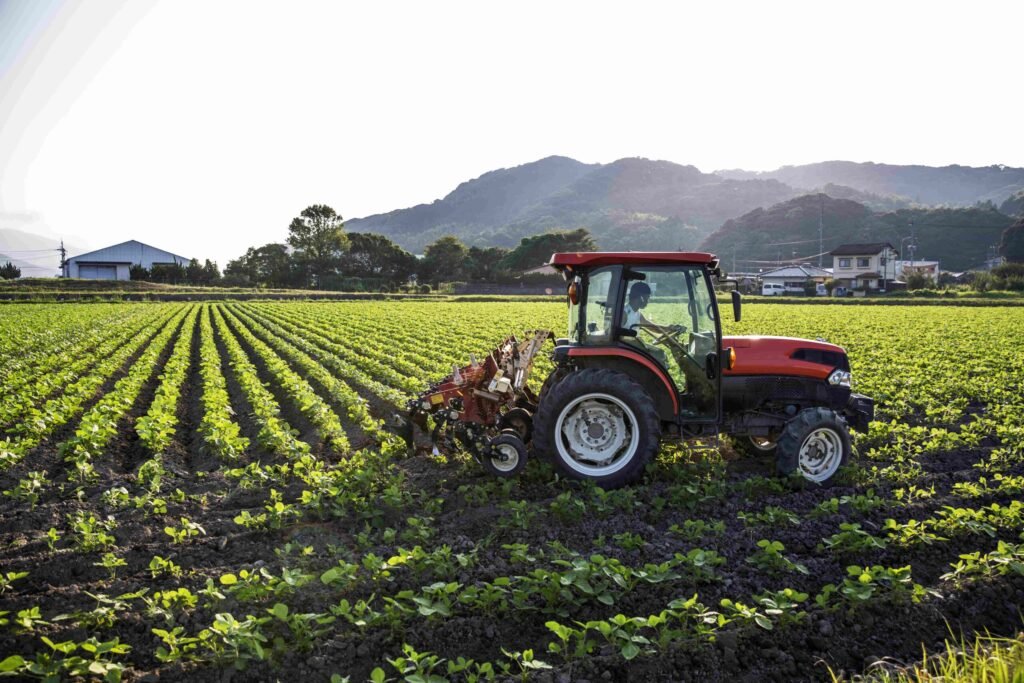

Organic farming is a method of agriculture that prioritizes the use of natural processes and materials to cultivate crops and raise livestock. This approach offers a myriad of benefits, but it also comes with unique challenges. Understanding these aspects is crucial for anyone interested in adopting organic farming practices. Let’s explore the benefits, challenges, and best practices of organic farming.
Healthier Soil: Organic farming practices such as crop rotation, composting, and the use of green manure significantly improve soil structure and fertility. Healthy soil is the cornerstone of successful crop growth and a sustainable farming ecosystem.
Biodiversity: Avoiding synthetic chemicals allows organic farms to support a higher level of biodiversity. This diversity enhances ecosystem resilience, which benefits both the environment and agricultural productivity.
Reduced Pollution: Organic farming minimizes the contamination of water sources with harmful pesticides and fertilizers. This results in cleaner water bodies and a healthier environment.
Nutrient-Rich Produce: Research suggests that organic produce can contain higher levels of certain nutrients and antioxidants compared to conventionally grown produce. This can offer significant health benefits to consumers.
Sustainability: Organic farming methods contribute to long-term agricultural sustainability by maintaining soil health, conserving water, and reducing carbon footprints. These practices ensure that farming remains viable for future generations.
Lower Yields: Organic farms may experience lower crop yields compared to conventional farms due to the absence of synthetic inputs. This can impact profitability, particularly in the short term.



© Copyright 2025 YoMiix – All Rights Reserved.